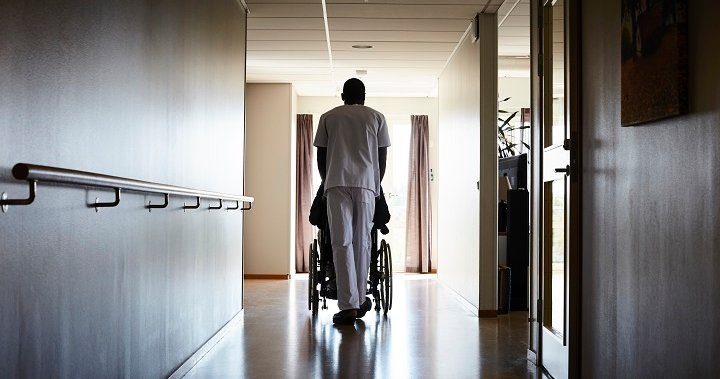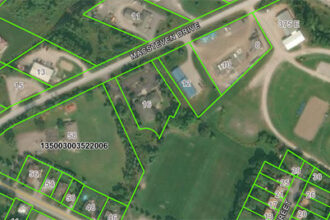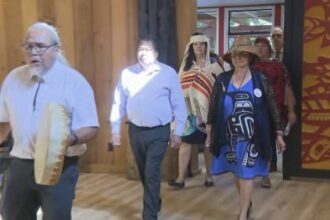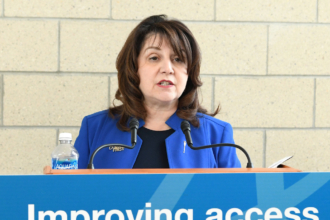The shadow pandemic of elder abuse continues to escalate across British Columbia, with recent data revealing a disturbing 27% increase in reported cases since 2022. This troubling trend emerges just as the province prepares to mark World Elder Abuse Awareness Day on June 15, casting a stark spotlight on a crisis that often remains hidden behind closed doors.
“We’re seeing unprecedented numbers,” explains Sherry Baker, executive director of BC Association of Community Response Networks. “Our seniors are experiencing financial exploitation, psychological manipulation, and even physical harm at rates we haven’t witnessed before.”
The statistics paint a grim picture of vulnerability. According to the BC Centre for Elder Advocacy and Support, approximately one in six seniors experiences some form of abuse, with financial exploitation representing the most prevalent type. What’s particularly alarming is that in over 90% of cases, the perpetrators are family members or trusted caregivers – the very individuals meant to provide protection and support.
Provincial authorities attribute this surge to several converging factors. The economic pressures following the pandemic have created financial strains on families, sometimes leading to exploitation of seniors’ assets. Additionally, the increasing social isolation experienced by many older adults has created perfect conditions for abuse to occur undetected and unreported.
“What makes elder abuse particularly insidious is the reluctance of victims to come forward,” notes Detective Sarah Greenfield of the Vancouver Police Department’s Vulnerable Persons Unit. “Many seniors fear retaliation, losing their independence, or causing family discord. Others may not even recognize what’s happening as abuse, particularly when it involves complex financial manipulation.”
The province has responded with the expansion of its Seniors Abuse and Information Line (SAIL), which now operates with extended hours and additional language capabilities. This helpline serves as a critical lifeline, offering confidential support, guidance, and resources to seniors experiencing abuse or those concerned about potential abuse situations.
Community-based initiatives are also gaining momentum across British Columbia. In Victoria, the Elder Justice Coalition has established neighborhood watch programs specifically designed to identify warning signs of elder abuse. Meanwhile, in Kelowna, financial institutions have implemented specialized training for staff to detect suspicious transactions that may indicate financial exploitation.
“Education remains our most powerful weapon,” emphasizes Dr. Gloria Gutman, professor emerita at Simon Fraser University’s Gerontology Research Centre. “When community members understand the warning signs – unexplained injuries, sudden changes in financial situations, withdrawal from social activities – they become our first line of defense.”
As World Elder Abuse Awareness Day approaches, advocates are calling for comprehensive policy reforms, including enhanced penalties for perpetrators, mandatory reporting protocols for healthcare professionals, and increased funding for support services. They stress that elder abuse represents not just a personal tragedy but a fundamental violation of human rights that demands collective action.
The provincial government has pledged an additional $3.2 million toward elder abuse prevention programs, though critics argue this falls short of addressing the scale of the crisis. Discussions continue regarding the establishment of specialized elder abuse courts, similar to models that have proven successful in Ontario and Alberta.
For now, experts emphasize that community vigilance remains crucial. “We all have a responsibility to protect our most vulnerable citizens,” Baker insists. “Behind every statistic is a senior who has contributed to our society and deserves to live their later years with dignity and safety.”
As British Columbia confronts this growing crisis, the question remains: will increased awareness finally translate into the systemic changes needed to reverse this troubling trend, or will our seniors continue to suffer in silence while society looks away?
For more information on elder abuse prevention or to report suspected cases, contact the SAIL helpline at 1-866-437-1940.










